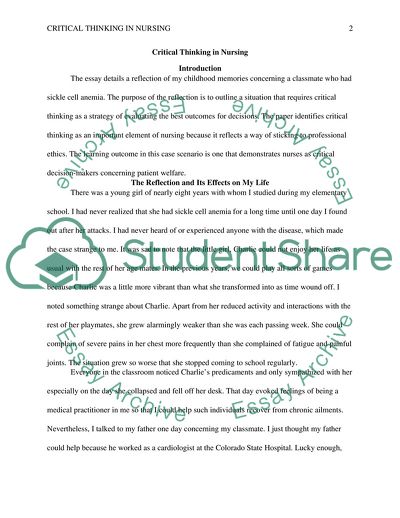Cite this document
(Not Found (#404) - StudentShare, n.d.)
Not Found (#404) - StudentShare. https://studentshare.org/nursing/1867146-critical-thinking-in-nursing
Not Found (#404) - StudentShare. https://studentshare.org/nursing/1867146-critical-thinking-in-nursing
(Not Found (#404) - StudentShare)
Not Found (#404) - StudentShare. https://studentshare.org/nursing/1867146-critical-thinking-in-nursing.
Not Found (#404) - StudentShare. https://studentshare.org/nursing/1867146-critical-thinking-in-nursing.
“Not Found (#404) - StudentShare”. https://studentshare.org/nursing/1867146-critical-thinking-in-nursing.


